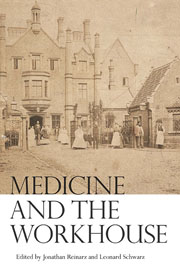LONDON: PORTENT OF THE FUTURE
‘In 1737 Samuel Johnson, having failed to make a very successful living hitherto, made his way to London, at the age of twenty-eight, and wrote a gloomy prognostication of his chances of survival:
For who would leave, unbribed, Hibernia’s land,
Or change the rocks of Scotland for the Strand?
There none are swept by sudden fate away,
But all whom hunger spares,with age decay:
Here malice, rapine, accident, conspire,
And now a rabble rages, now a fire;
Their ambush here relentless ruffians lay,
And here the fell attorney prowls for prey;
Here falling houses thunder on your head,
And here a female atheist talks you dead.
Johnson had not yet visited Scotland, or he might have revised his views on the comparative safety of life in the Highlands. It was in London that he found the company that he most longed to frequent and in London that he made his career. He did not leave London often and it was in London that he died forty-seven years after his arrival, having made his famous remark that a man who was tired of London was tired of life, as there was in London all that life could afford. Most of the poem had in fact little to do with London, although it was quite correct in pointing out that the capital had its highwaymen and that the older houses occasionally fell into the street. Johnson used London to typify decadence This was, from one point of view, part of an anti-urban tradition that long predated Johnson and long outlived him.
